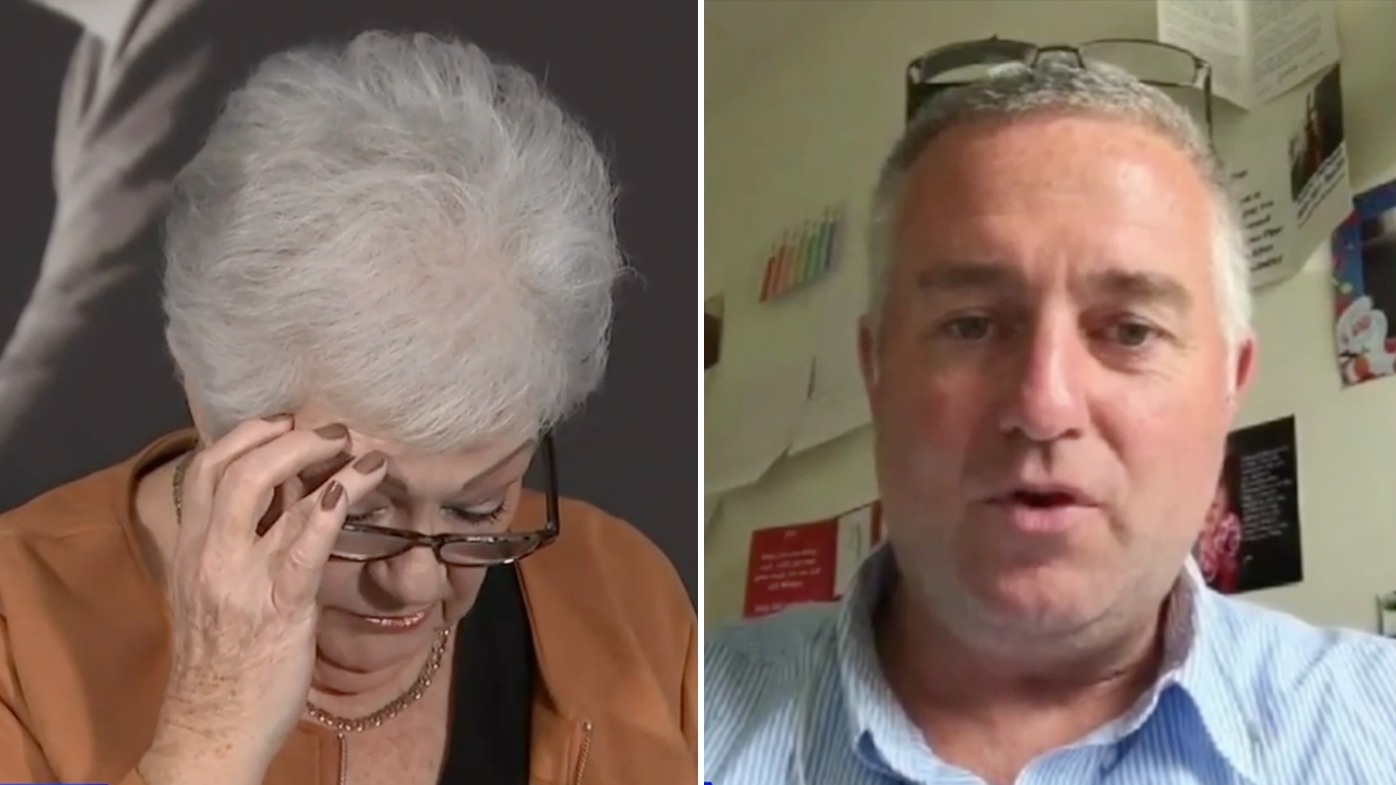
After losing her husband of 46 years, Perth widow Maggie Ayres turned to online dating sites.
She learned the hard way that romance scammers are no longer just hiding behind keyboards but using deepfake technology to sell their lies through video calls.
When a man calling himself “Bryan” reached out, Ayres had no idea she would eventually fall victim, being left with a broken heart and an empty wallet.
READ MORE: Phone messages contradict Brittany Higgins’ claims, court told
“I found that his kindness and patience grew on me, making me feel safe, appreciated and loved,” she told reporters today.
He built her trust through messages and video calls.
“He called a few times on a video call but it always had to be scheduled up front,” Ayres said.
Her new love claimed to be in charge of an oil rig.
Eventually, he convinced her to loan him tens of thousands of dollars to repair broken equipment.
Their romance crumbled when a video call glitched.
“While I still heard Bryan’s voice, I saw a Black man sitting in a cupboard covering his head with a blanket, so I could still see his face,” she said.
READ MORE: Mum speaks after stranger attacks baby with coffee
“I shouted out loud in disbelief, ‘Is this the reality? Is this guy the scammer? Am I really being scammed?'”
Bryan never existed. Ayres was seeing the faked face and voice of a US real estate agent whose identity has been hijacked by scammers countless times.
Live video calls were manipulated using AI software that can mimic a real person’s voice and facial expressions.
“You can pump as much video or photo of that person into the AI it comes back almost a seamless sewing of video that looks like it’s them,” Paul Litherland from Surf Online Safe told 9News.
READ MORE: Millions in cost-of-living relief to hit bank accounts in days
Maggie isn’t alone – in recent weeks two Western Australians have lost more than $1 million between them to deepfake romance scams.
The technology is already in the federal government’s firing line with new laws criminalising the sharing of AI porn.
“We need to get onto AI now, not in another five years or five weeks,” Litherland said.
“It’s respond now because we need these organisations to be regulated.”
Experts say there are red flags to look out for such as unnatural movements, low video quality and poor lip syncing.
But the best advice is if you haven’t met in person, don’t send money.
“I’ve not only lost my companion, but also my independence, my self confidence and my value,” Ayres said.
links to content on ABC
9News





